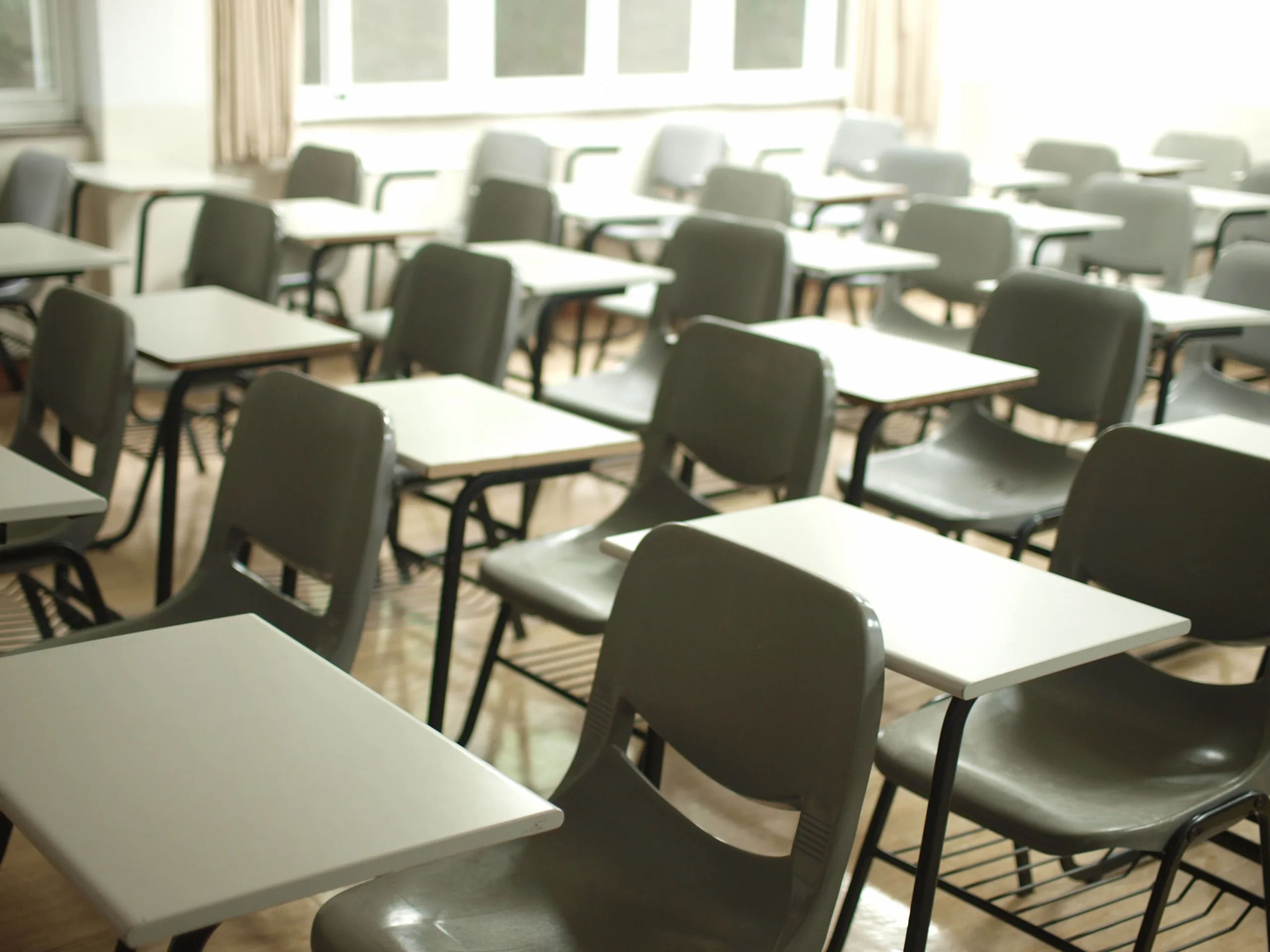The new academic year is on the horizon and that means that it is time to think about making applications for schools for next year (starting September 2024) – be it independent school or local state school, 4+, 7+, 11+, 13+ or even Sixth Form applications. Your child’s academic future involves lots of important decision making – that’s stressful enough when both parents remain in a relationship – agreeing where and how a child is to be educated with an ex-partner undoubtedly adds extra layers of stress and complication, as well as legal pitfalls.
Can my ex-partner make decisions about my child’s education without informing me?
The decision on where a child is educated requires the consent of all holders of parental responsibility. Parental responsibility is the rights and duties that holders (typically parents) exercise on behalf of children. Day to day decisions can be taken by a holder of parental responsibility without reference to other holders, but important decisions, including change of a child’s school, must be taken collectively by all holders of parental responsibility.
An important preliminary step therefore is to establish who has parental responsibility. Mothers automatically have parental responsibility by virtue of giving birth to their children. Fathers who are married to the mother of their child at the time of their birth also automatically have parental responsibility. However, if the parents were not married at the time that the child was born, the father will have parental responsibility if he is named as the father on the birth certificate or if he has obtained a parental responsibility order.
Therefore, if you and your ex-partner have parental responsibility, both the decision to remove your child from their existing school, and what school they attend thereafter, will require your express consent.
You should be aware that if your ex-partner unilaterally decides to remove your child from their existing school, there is no statutory obligation on the school to notify you. However, it is likely that if your child’s school is aware of such an intention by your ex-partner, they would want to be satisfied that you also agreed to this decision especially if they were notified that you had separated/divorced and that all communications should be copied to both parents of your child.
Reasons why you may disagree about your child’s education and how to resolve disagreements
You and your ex-partner may disagree on whether to send your child to an independent or state school, whether they should attend a faith based school or even which independent or grammar schools they apply for. There may be a disagreement about which part of the country your child is going to live in, and therefore be educated in.
If you and your ex-partner cannot agree on what school your child is to attend, the last resort is making an application to the court to ask that they make the decision about which school your child attends or to stop your ex-partner from trying to unilaterally change your child’s school. This is called a ‘specific issue order’ application.
How the Court will determine an application to determine where your child will go to school
If you end up in a position where you need the court’s assistance to determine which school your child goes to, you will need to make an application to the Family Court nearest to where your child lives. Once you have made your application, the Court will set various deadlines for next steps including you and your ex-partner filing witness statements setting out each of your cases on why your child should or should not attend a particular school.
The Court will consider the factors contained within the ‘welfare checklist’ under section 1(3) of the Children Act 1989 during the decision making process to ensure that your child’s best interests are at the forefront when making a decision about the school your child shall attend. This involves considering, amongst other things:
- The ascertainable wishes and feelings of the child concerned – if you are making an application with regard to your secondary school aged child, their wishes and feelings about which school they wish to attend would be considered more than the wishes and feelings of a young primary school aged child; and
- The child’s physical, emotional and education needs – if your child has certain educational needs and one of the schools in dispute between you and your ex-partner has particular expertise with these needs, then this factor will be considered in the court’s decision making.
The other factors which the court will consider are:
- The likely effect on the child if circumstances changed as a result of the court’s decision;
- The child’s age, sex, backgrounds and any other characteristics which will be relevant to the court’s decision;
- Any harm the child has suffered or maybe at risk of suffering;
- Capability of the child’s parents (or any other person the courts find relevant) at meeting the child’s needs; and
- The powers available to the court in the given proceedings.
Once the Court has considered the factors above, a decision will be made as to the school that your child shall attend.
Click for further information on Family services at Payne Hicks Beach.
For further information please contact Kelly Gerrard or your usual contact in the Family Department or call 020 7465 4300.




